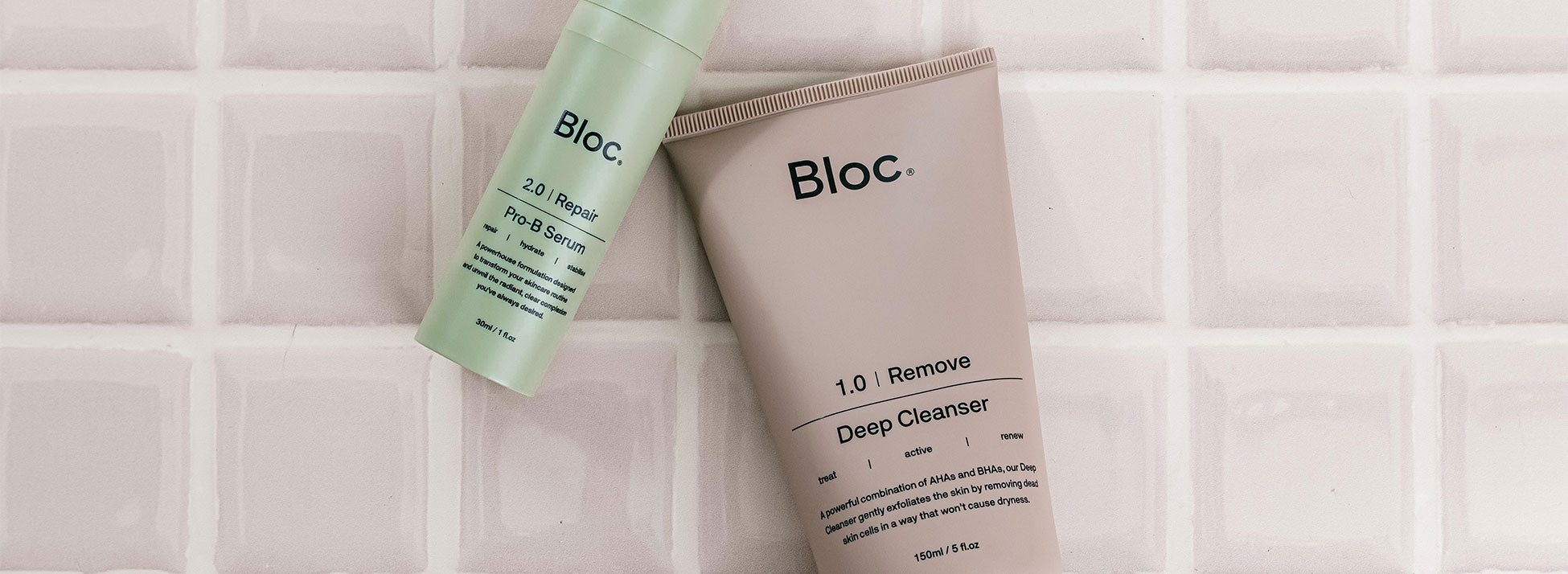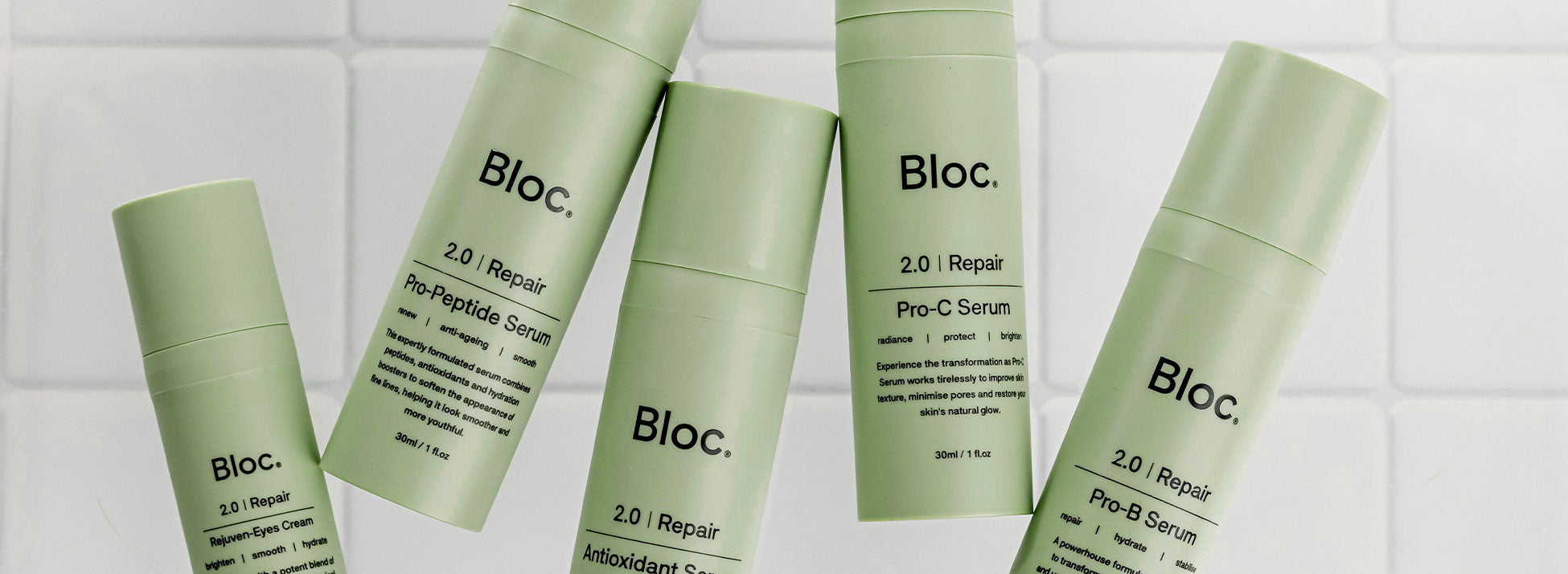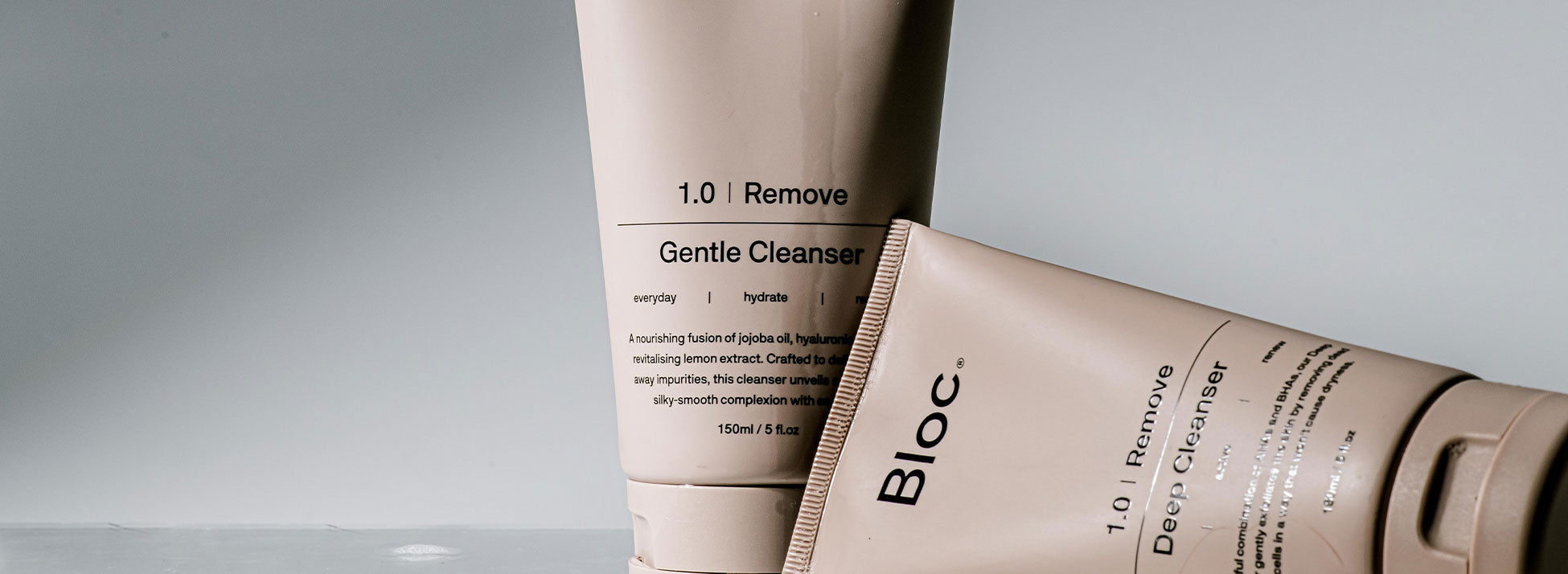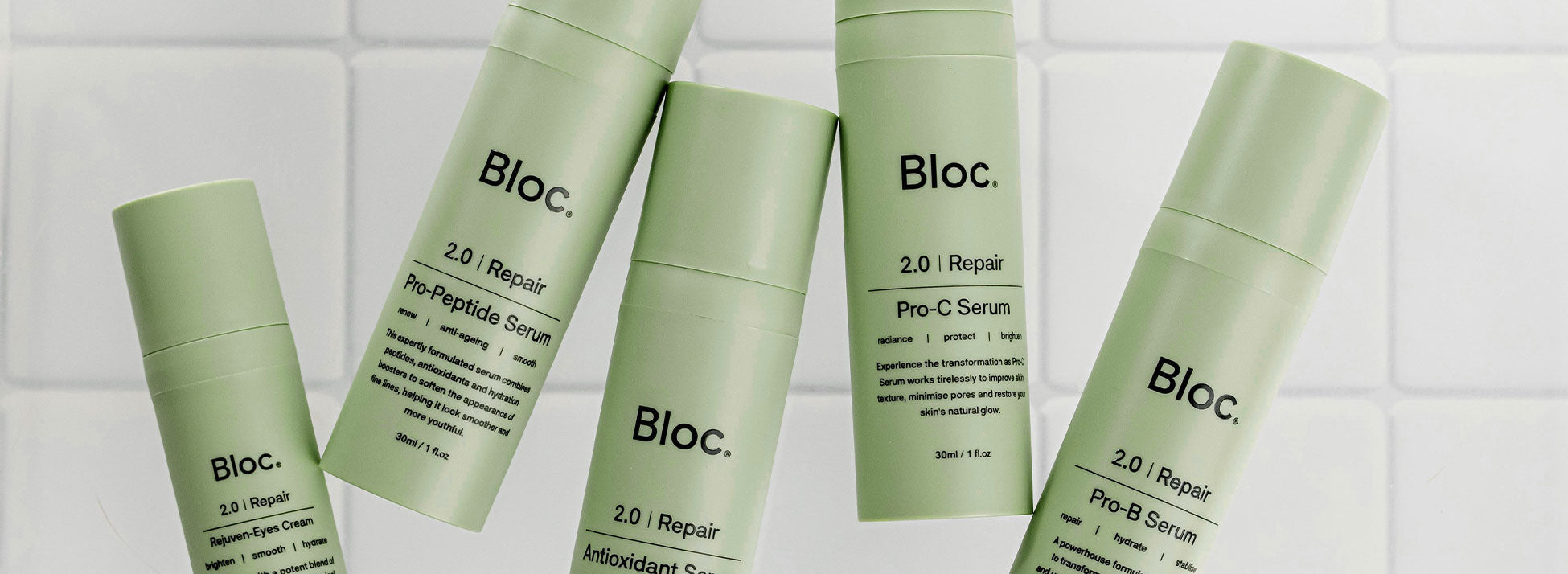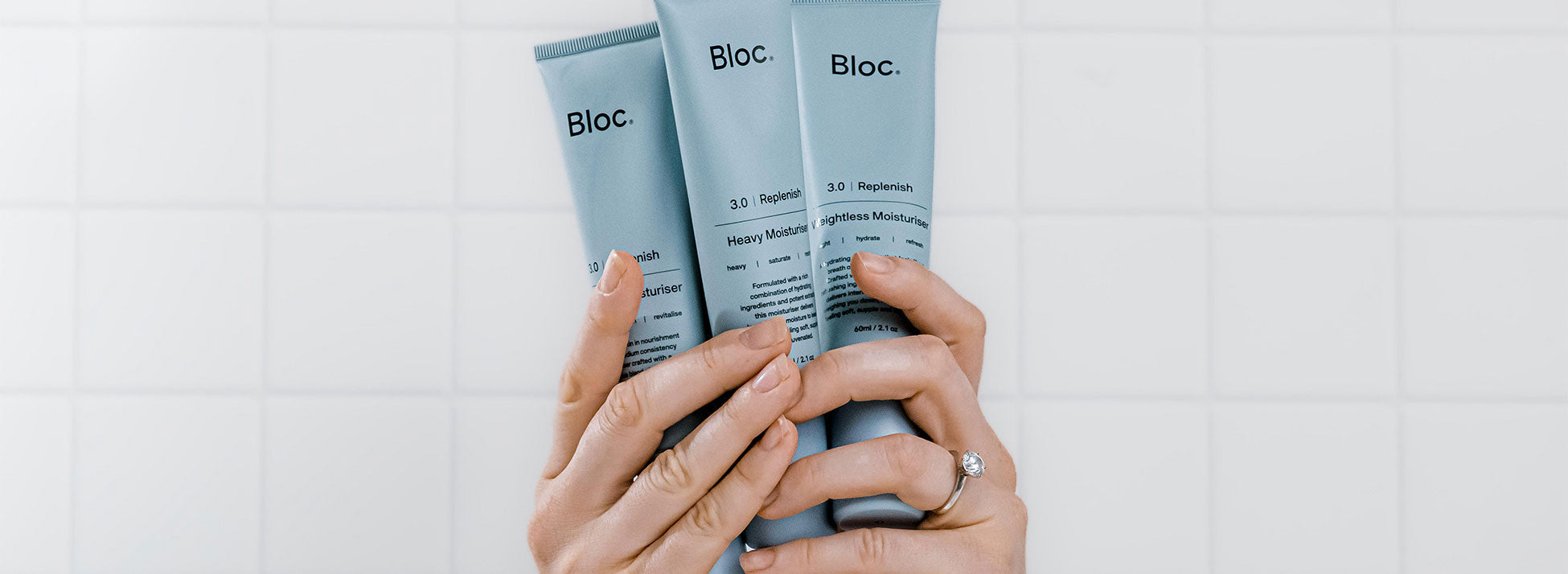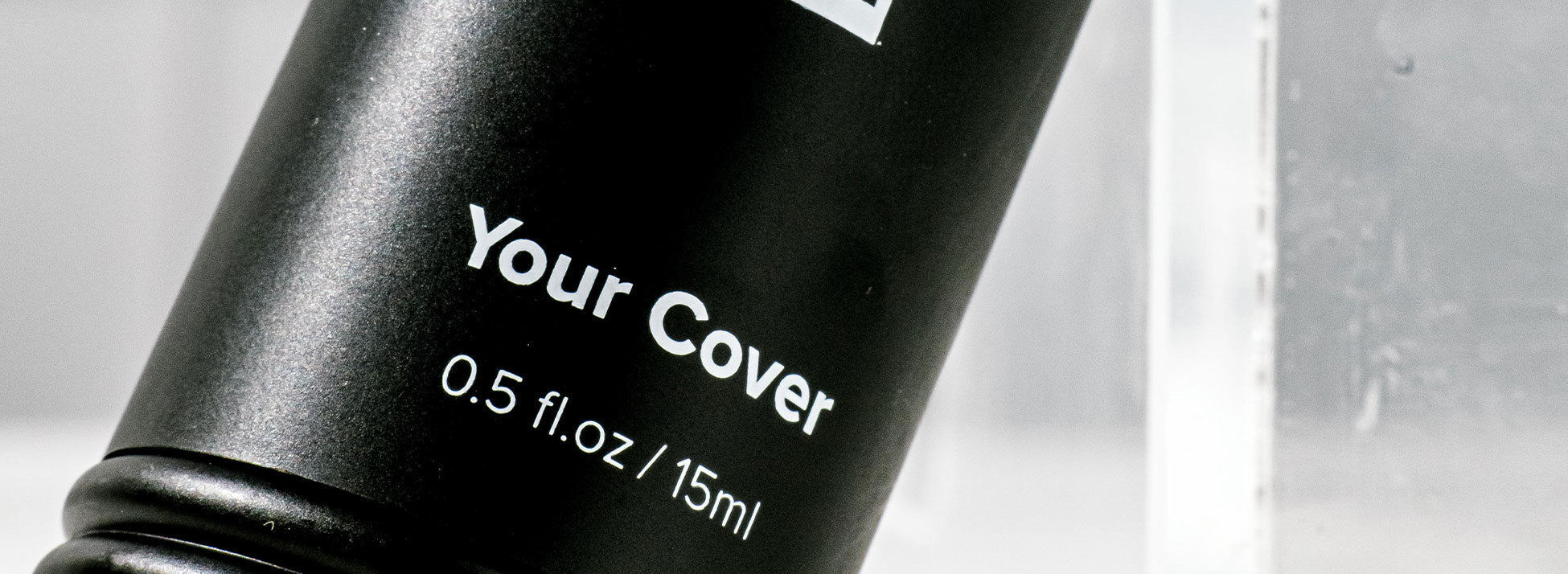If you’ve spent any time exploring skincare labels or advice online, you’ve likely come across the word antioxidants. But what are they really? And why are they such a big deal in skincare?
Let’s break it down.
First, what exactly are antioxidants?
Antioxidants are powerful ingredients that help protect your skin from environmental stressors - think pollution, UV rays, smoke, and even stress. These stressors produce molecules called free radicals, which can damage healthy skin cells, speed up the ageing process, and contribute to dullness, pigmentation, and inflammation.
Antioxidants neutralise these free radicals, essentially stopping the chain reaction before it can harm your skin. They work like little bodyguards - shielding your skin and helping it recover from daily exposure to harmful elements.
Why does your skin need antioxidants?
Every day, your skin faces oxidative stress from external aggressors. Over time, this can lead to:
- Premature ageing (fine lines, wrinkles, sagging)
- Uneven skin tone and pigmentation
- Dehydration and dullness
- Breakouts and inflammation
Incorporating antioxidant-rich products into your skincare routine helps defend against this damage, allowing your skin to maintain its natural glow, resilience, and clarity.
Popular antioxidants in skincare
There are many types of antioxidants, and each brings its own unique benefits. Here are a few common (and powerful) ones to look for:
- Vitamin C – Brightens the skin, fades pigmentation, and boosts collagen production.
- Vitamin E – Soothes and hydrates, often paired with Vitamin C for enhanced protection.
- Niacinamide (Vitamin B3) – Strengthens the skin barrier, improves texture, and evens out skin tone.
- Resveratrol – Found in red wine and berries, it protects against environmental damage and supports skin regeneration.
- Ferulic Acid – Boosts the effectiveness of other antioxidants, especially Vitamins C and E.
-
Polyphenols – Found in green tea, grapes, and other plants, these antioxidants calm inflammation and fight UV damage.
When and how should you use them?
Antioxidants are most effective when used in the morning as part of your daily routine. Applied under sunscreen, they offer an added layer of defence against UV and pollution.
Look for antioxidant-rich:
- Serums (especially Vitamin C serums)
- Moisturisers
- Eye creams
- SPFs with antioxidant support
Consistency is key - daily use will give you the best results over time.
Antioxidants are more than just a skincare trend. They’re essential defenders against the modern-day skin stressors that age and damage our skin. By incorporating them into your daily routine, you’re giving your skin the protection it needs to stay strong, radiant, and healthy - now and in the future.


